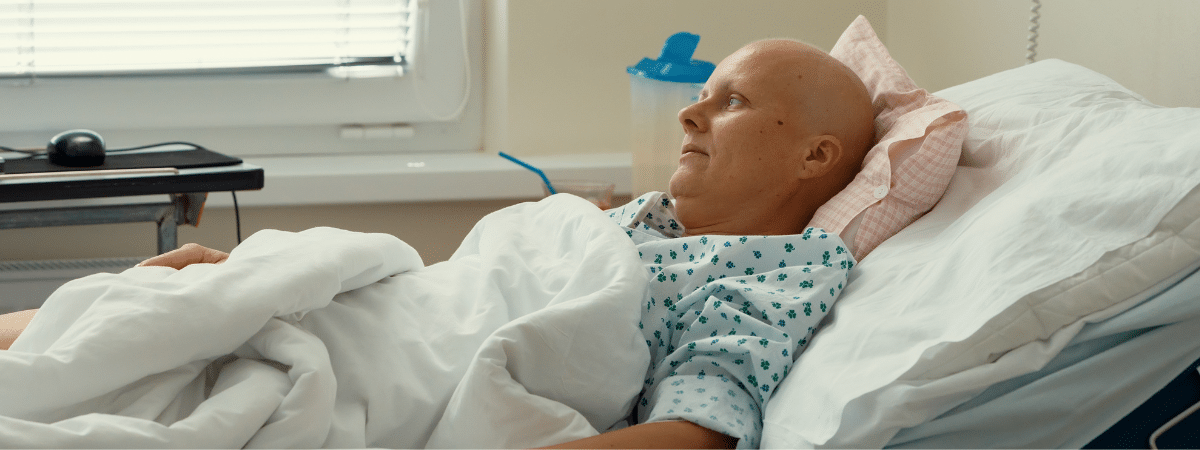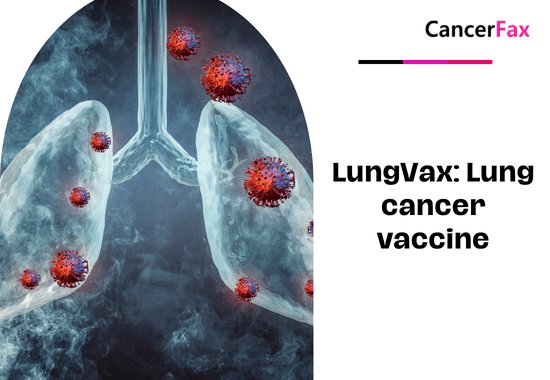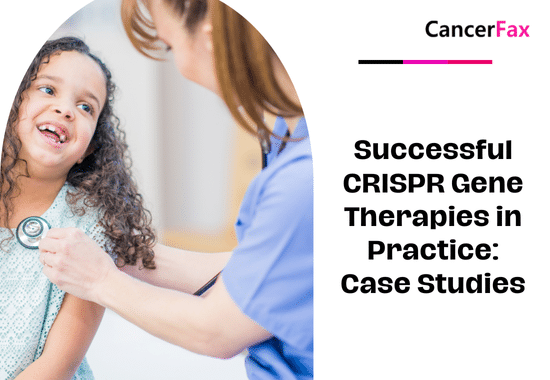Introduction
CAR T cell therapy is the breakthrough treatment against various kinds of leukemias, particularly B-cell ALL. In this treatment, genetically modified T cells are specifically designed to target antigens on cancer cells, making it a new hope for patients who have either refractory or relapsed leukemia. This paper reviews the application of CAR T cell therapy in the treatment of leukemia, with an emphasis on success stories, clinical outcomes, challenges, and future directions.
Understanding Leukemia
Leukemia is a group of cancers that originate in the bone marrow and result in the overproduction of abnormal white blood cells. The most common types treated with CAR T cell therapy include:
- B-cell Acute Lymphoblastic Leukemia (B-ALL): A fast-growing cancer of the white blood cells.
- Chronic Lymphocytic Leukemia (CLL): A slower-growing cancer of the white blood cells.
- Acute Myeloid Leukemia (AML): A cancer of the blood and bone marrow with excess immature white blood cells.
CAR T Cell Therapy in B-ALL
Success Stories and Case Studies:
Early Success:
CAR T cell therapy first captured the public spotlight because of its stunning initial success in treating B-ALL, especially in children. In 2017, the FDA approved the very first CAR T cell therapy called Kymriah (tisagenlecleucel) for children and young adults with B-ALL.
Clinical Outcomes:
Clinical trials have reported that up to 90% of pediatric patients go into complete remission after CAR T cell therapy. Results of this sort are quite meaningful for patients who have run out of other treatment options.

Mechanism of Action:
- Target Antigen: The therapy targets the CD19 antigen, which is widely expressed on B cells, including malignant B cells in B-ALL. Engineered CAR T cells bind to CD19, triggering the immune response to destroy the cancer cells.
- Immune Response: Once the CAR T cells bind to the CD19 antigen, they become activated, proliferate, and release cytotoxic molecules that induce apoptosis in the cancer cells.
Challenges and Limitations:
- Antigen Escape: One of the primary challenges is antigen escape, where cancer cells lose the CD19 marker, rendering them invisible to CAR T cells. This can lead to a relapse.
- Side Effects: Patients may experience severe side effects, such as cytokine release syndrome (CRS) and neurotoxicity, which require careful management and monitoring.
CAR T Cell Therapy in CLL
Current Research and Clinical Trials:
- Target Antigens: In addition to CD19, researchers are exploring other targets, such as CD20 and CD22, to treat CLL. Clinical trials with CD19-targeted CAR T cells have shown promising results, with many patients achieving complete or partial remission.
- Mechanism and Efficacy: The therapy works similarly to B-ALL treatment, with CAR T cells targeting and destroying malignant B cells. However, achieving long-term remission in CLL has been more challenging due to the disease’s indolent nature and the tumor microenvironment.
Challenges and Limitations:
- Tumor Microenvironment: The immunosuppressive tumor microenvironment in CLL can inhibit CAR T cell function and persistence. Overcoming this barrier is a key area of research.
- Persistence: Ensuring the long-term persistence of CAR T cells to prevent relapse remains a significant challenge.
CAR T Cell Therapy in AML
Current Research and Clinical Trials:
- Target Antigens: AML presents a more complex challenge due to the lack of universally expressed target antigens. Researchers are exploring various targets, including CD33, CD123, and FLT3.
- Clinical Outcomes: Early clinical trials have shown mixed results, with some patients achieving remission while others experiencing limited efficacy. Ongoing research aims to improve the targeting and efficacy of CAR T cell therapy for AML.
Challenges and Limitations:
- Antigen Heterogeneity: AML cells often exhibit significant antigen heterogeneity, making it difficult to target all cancerous cells effectively.
- Toxicity: The risk of on-target off-tumor toxicity, where CAR T cells attack healthy cells expressing similar antigens, is a major concern.
Future Directions
Improving Efficacy and Safety:
- Next-Generation CARs: Researchers are developing next-generation CAR T cells with dual-targeting capabilities to prevent antigen escape and enhance efficacy.
- Safety Switches: Incorporating safety switches or suicide genes into CAR T cells can allow for the controlled elimination of CAR T cells in case of severe toxicity.
Combining Therapies:
- Synergistic Approaches: Combining CAR T cell therapy with other treatments, such as checkpoint inhibitors, chemotherapy, or radiation therapy, may enhance efficacy and overcome resistance.
- Immune Modulation: To improve CAR T cell function, researchers are looking into ways to change the environment around the tumor, such as by using oncolytic viruses or drugs that get rid of immune-suppressing cells.
Expanding Applications:
- Solid Tumors: Research is ongoing to adapt CAR T cell therapy for solid tumors by identifying suitable targets and overcoming the unique challenges posed by the tumor microenvironment.
- Universal CAR T Cells: Developing off-the-shelf CAR T cells that do not require patient-specific modifications can improve accessibility and reduce costs.
What is the cost of CAR T Cell therapy for Leukemia?
In the United States, a CAR T-cell therapy could cost anywhere from $500,000 to $1,000,000. Many factors contribute to the cost of apheresis for taking T-cells, production of CAR T-cells, hospitalization, imaging studies, and medications. Another indirect cost to the patient could be that he or she will have to stay near the treatment centers, necessitating travel costs, housing, and caregiver support.
The cost of CAR T-Cell therapy for leukemia in China ranges between $ 65,000 and $ 250,000 USD. China offers the cheapest CAR T-Cell therapy, as there are several clinical trials ongoing and they offer the therapy to patients absolutely free. The patient has to only pay the cost of hospitalization. Top CAR T-Cell therapy hospitals in China are conducting these trials, and patients can connect with CancerFax to get into these trials. Patients can WhatsApp their medical reports to +1 213 789 56 55.
Even as India developed its own CAR T-cell therapies, India’s therapy came much cheaper. The cost of the homegrown therapy, NexCAR19, will be about $50,000, nearly one-tenth the price of similar treatments in the U.S. Partly, this cost reduction could be because of the ability to manufacture it locally and with indigenous technology, making this CAR T-cell therapy more accessible to patients in India.
LIST OF CAR T CELL THERAPIES AVAILABLE IN THE MARKET WITH THEIR PRICE IN RESPECTIVE COUNTRIES (USD)
|
||||||
| S.No. | CAR T-Cell therapy | Brand Name | Company | Disease | Country | Cost |
| 1 | Tisagenlecleucel | Kymriah | Novartis | BALL / Lymphoma | USA | 500-800,000 |
| Singapore | 400-500,000 | |||||
| South-Korea | 400-500,000 | |||||
| China | 400-500,000 | |||||
| Australia | 400-500,000 | |||||
| Israel | 400-500,000 | |||||
| 2 | Idecabtagene vicleucel | ABECMA® | BMS | Multiple-Myeloma | USA | 500-800,000 |
| Singapore | 400-500,000 | |||||
| South-Korea | 400-500,000 | |||||
| China | 400-500,000 | |||||
| Australia | 400-500,000 | |||||
| Israel | 400-500,000 | |||||
| 3 | Lisocabtagene maraleucel | BREYANZI® | BMS | DLBCL | USA | 500-800,000 |
| Singapore | 400-500,000 | |||||
| South-Korea | 400-500,000 | |||||
| China | 300-400,000 | |||||
| Australia | 400-500,000 | |||||
| Israel | 400-500,000 | |||||
| 4 | Ciltacabtagene autoleucel | CARVYKTITM | Janssen Biotech (J&J) | Multiple-Myeloma | USA | 500-800,000 |
| Singapore | 400-500,000 | |||||
| South-Korea | 400-500,000 | |||||
| China | 250-300,000 | |||||
| Australia | 400-500,000 | |||||
| Israel | 400-500,000 | |||||
| 5 | Axicabtagene ciloleucel | YESCARTATM | Kite Pharma | DLBCL | USA | 500-800,000 |
| Singapore | 400-500,000 | |||||
| South-Korea | 400-500,000 | |||||
| China | 250-300,000 | |||||
| Australia | 400-500,000 | |||||
| Israel | 400-500,000 | |||||
| 6 | Equecabtagene Autoleucel | FUCASO | IASO Biotechnology | Multiple-Myeloma | China | 250-300,000 USD |
| USA | 500-800,000 | |||||
| 7 | Zevorcabtagene autoleucel | Zevor-Cel | Carsgen | Multiple-Myeloma | China | 250-300,000 USD |
| USA | 500-800,000 | |||||
| 8 | CAR T Cell therapy | Trials | Multiple companies | BALL | China | 75-90,000 |
| DLBCL | China | 75-90,000 | ||||
| Multiple Myeloma | China | 75-90,000 | ||||
| Auto Immune disorders | China | 75-90,000 | ||||
| TALL | China | 75-90,000 | ||||
| 9 | CAR T Cell therapy | NexCAR19 | Immunoact | BALL / DLBCL | India | 60,000 |
Conclusion
CAR T cell therapy has really opened up the avenues of possibilities for treatment in patients who have leukemia, either in the relapsed or refractory setting. Continuous, ongoing research into this field is underway, with new strategies continuing to improve efficacy and safety.
The future of CAR T cell therapy in the treatment of leukemia looks bright, with a potential increase in outcomes leading to durable remission in a larger percentage of patients. In this evolving field, CAR T cell therapy has proven its merit to be an example of how much more in the fight against cancer can be achieved by immunotherapy.


